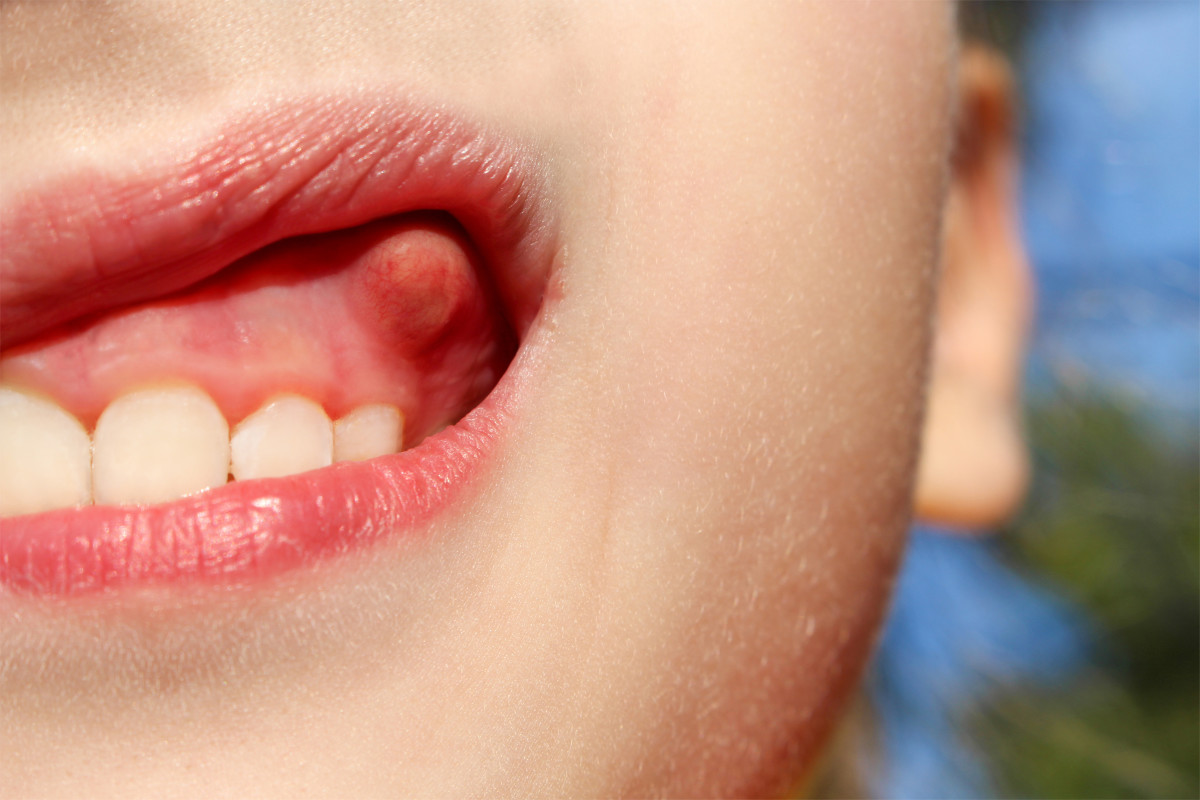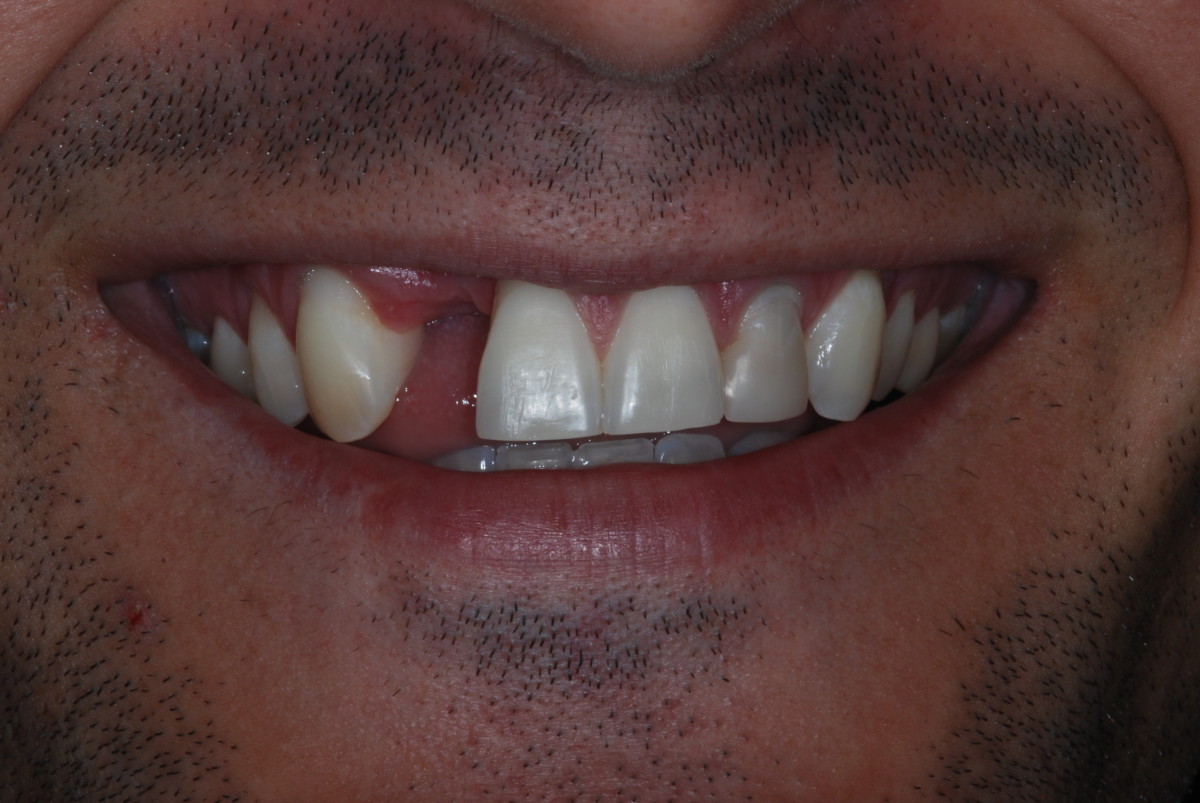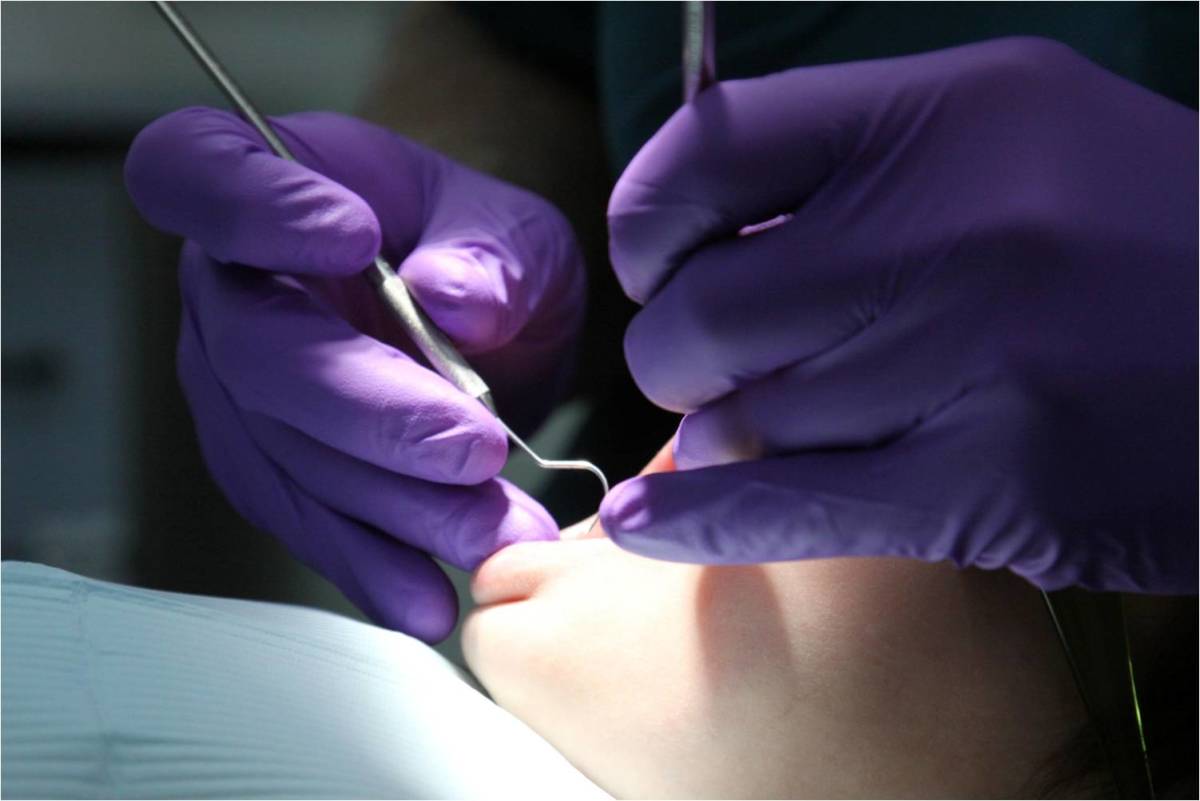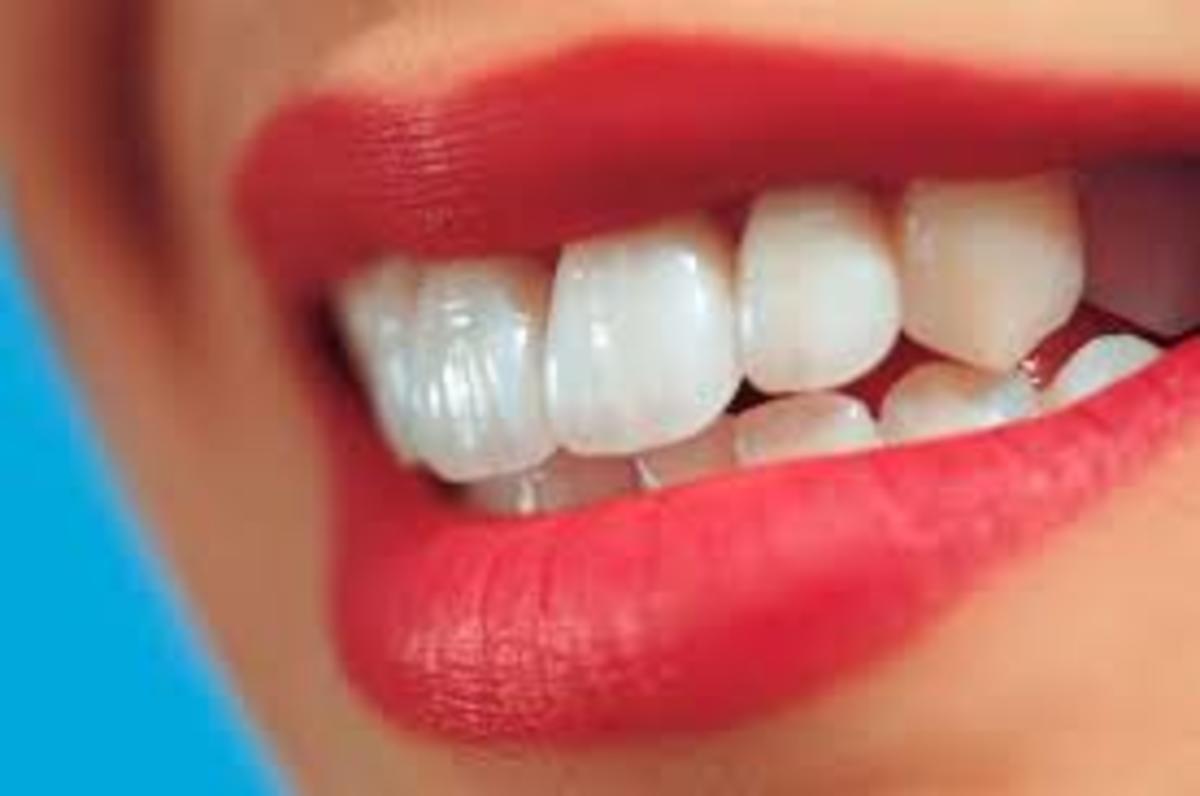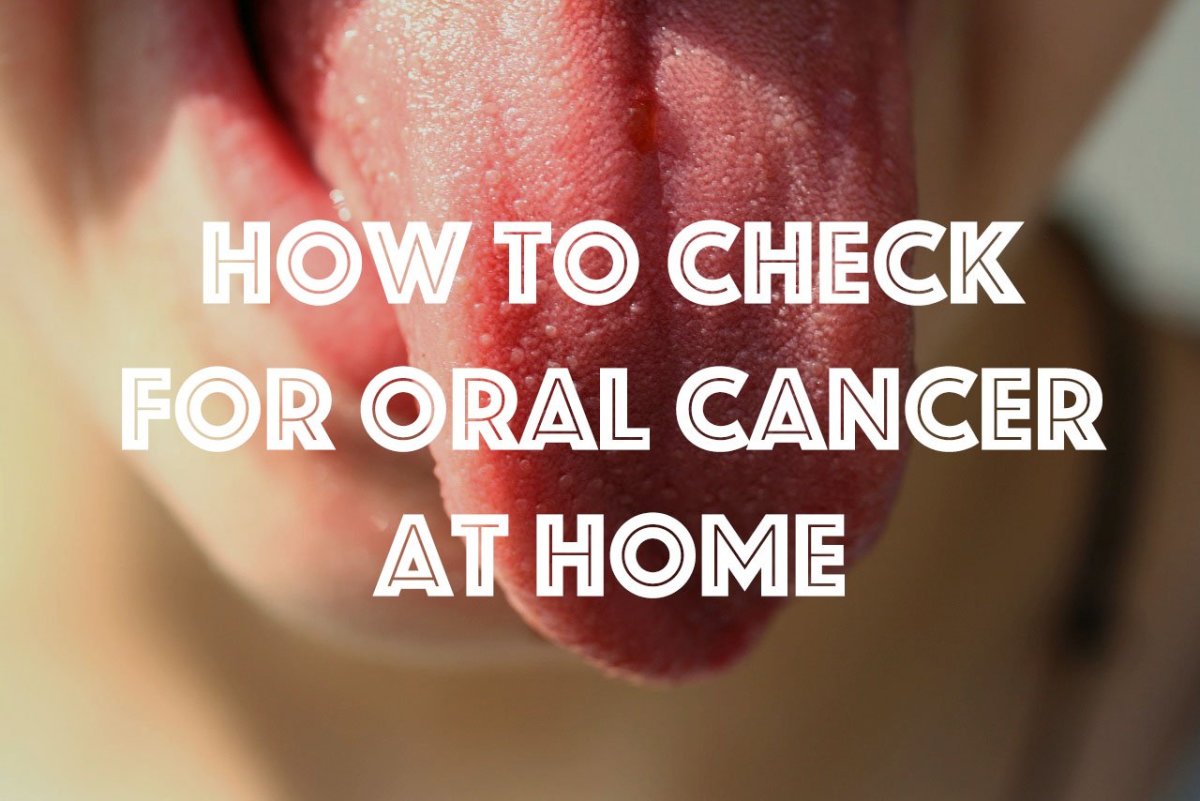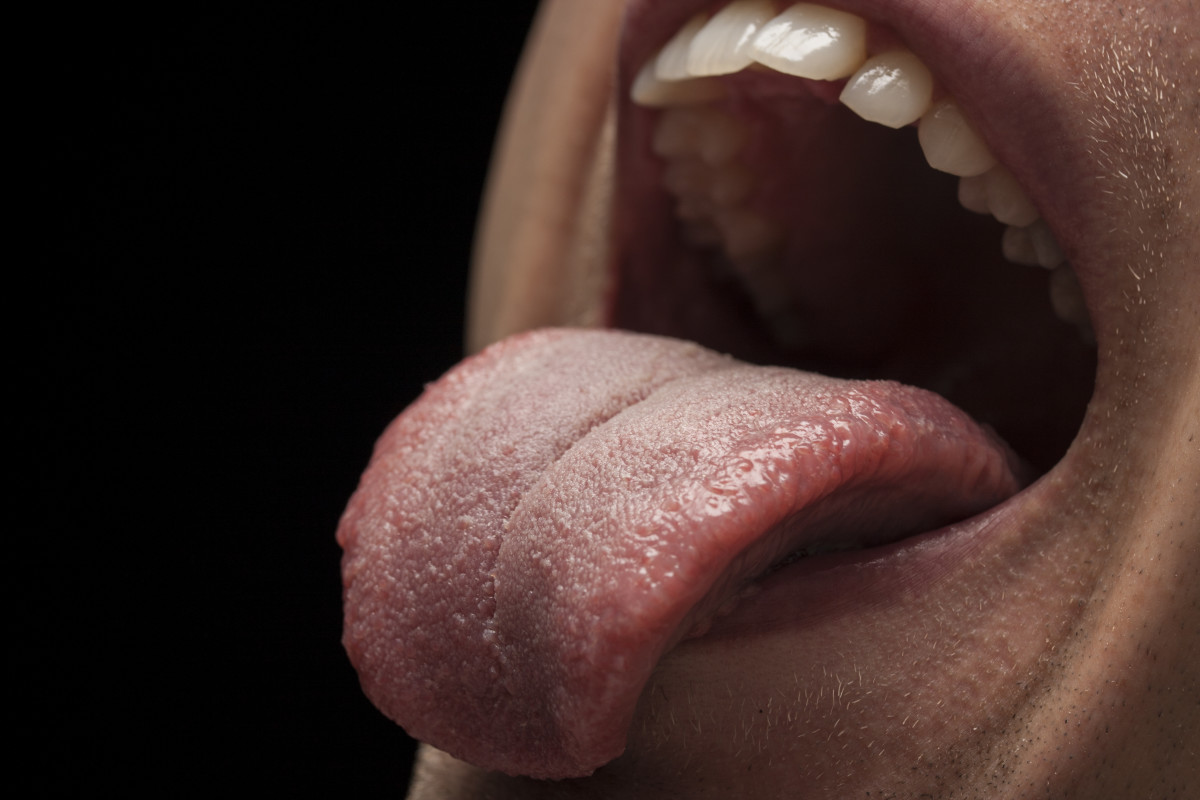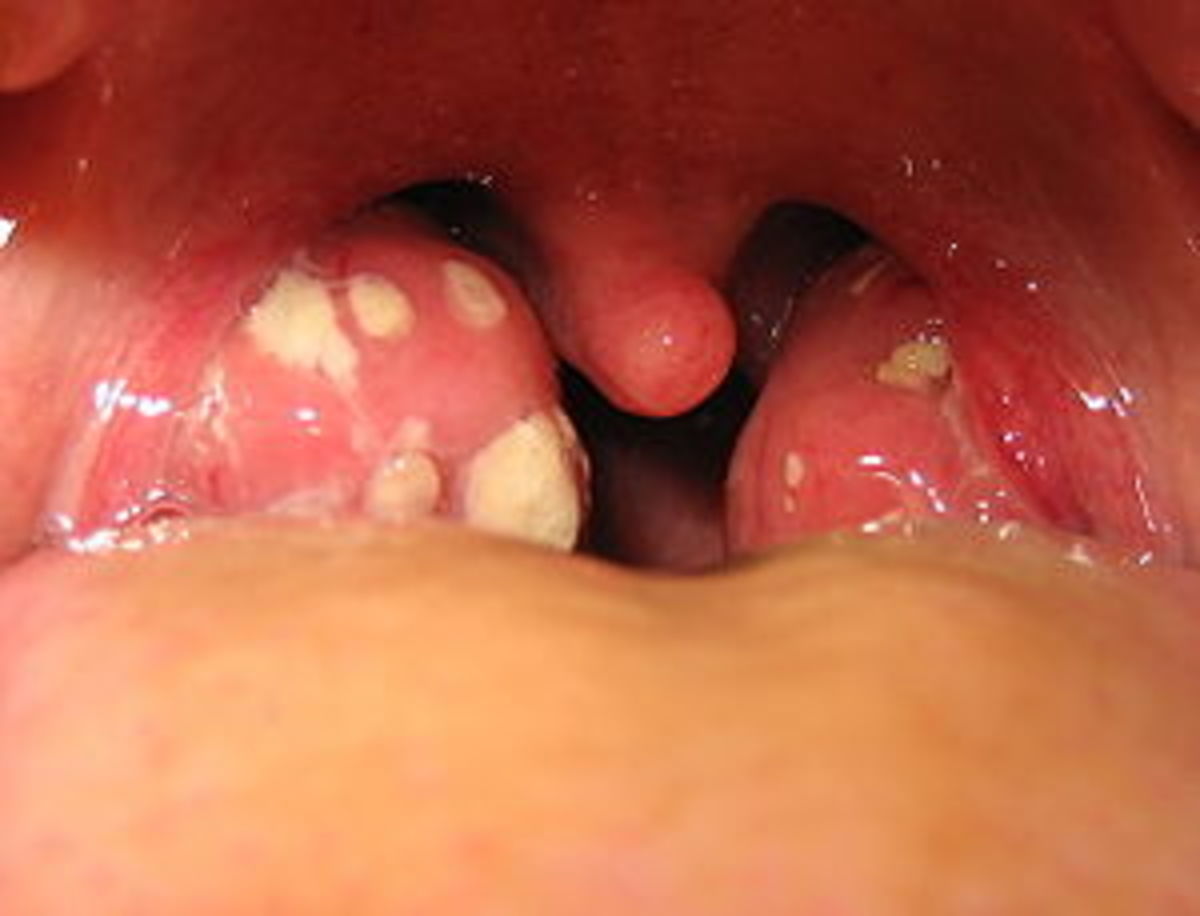Emergency Dental Care: What to Do at Home
Toothaches and injuries to the teeth and gums can be extremely painful. They can also be serious. In fact, some type of infections will not only damage or destroy the tooth, but they can also spread bacteria to other parts of the body. Your teeth and gums are nothing to play around with.
In case of a dental emergency, you should see your dentist as soon as possible. Until then, there are a few things you can do while you’re waiting.
For a toothache, swish warm water around in your mouth and use dental floss to remove any debris. If you’re in severe pain, and if the gum near the tooth is swollen, you might have an abscess. This is a serious infection that can travel to your internal organs, especially to your heart. You must see a dentist right away so that you can get started on antibiotics. Sometimes holding warm water in your mouth will partially relieve the pain, but sometimes cold water works better. After deciding which works better for you, add ½ teaspoon salt to a cup of warm or cold water to help relieve inflammation and subsequent pain. An ice bag placed on the cheek will help numb the pain and reduce swelling. Topical numbing analgesics sometimes help, as do oral administrations of over-the-counter pain relievers like acetaminophen and ibuprofen. Because of its blood-thinning properties, you should not take aspirin. Chances are that you’ll either have to have a root canal or an extraction, and the aspirin will cause excessive bleeding. Also, never place aspirin directly on the gum or tooth. It can damage the gum and the enamel of the tooth.
If you lose a filling, rinse your mouth with warm water, being sure to remove any food particles from the cavity. Use an over-the-counter temporary filling, a dental emergency kit, sugarless gum, or soft wax (like the kind used for braces) to plug the hole until you can see your dentist. Avoid eating any sugar-laden foods until your tooth is repaired. Sugar will cause sharp pains to the naked cavity.
If you lose a tooth because of a blow or other type of injury, make a concerted effort to find the tooth. Rinse it and place it back in its socket, in the correct position. If the tooth can’t be replaced, keep it in a cup of milk until you can get to the dentist. The quicker you see a dental specialist, the better chance your tooth will have of recovery. Use a cold compress or ice bag, and take acetaminophen or ibuprofen for pain.
If a permanent tooth becomes loose or partially dislodged, do not touch it. Use a cold cloth or an ice bag on your cheek to reduce swelling, and take acetaminophen or ibuprofen for pain relief. See your dentist as soon as possible.
If you break a tooth, save the pieces. If a piece is still in the gum, do not try to remove it. Apply an ice bag to the face, as close to the broken tooth as possible to reduce pain and swelling. If the gum is bleeding, apply a bandage or clean cloth to the area, using slight pressure. Call your dentist.
Don’t take your “pearly whites” for granted. In the case of any dental emergency, always see a dental professional as soon as you can. Be sure to inform the receptionist that you have a dental emergency. You can find an emergency dentist in your area in the phone book or online.
Read more about health:
- Improving Fertility without Drugs: 25 Tips
Fertility rates in the US have sharply declined over the last few decades. Thousands of couples today have trouble conceiving. Doctors are not completely sure what has caused the decline, but several...


